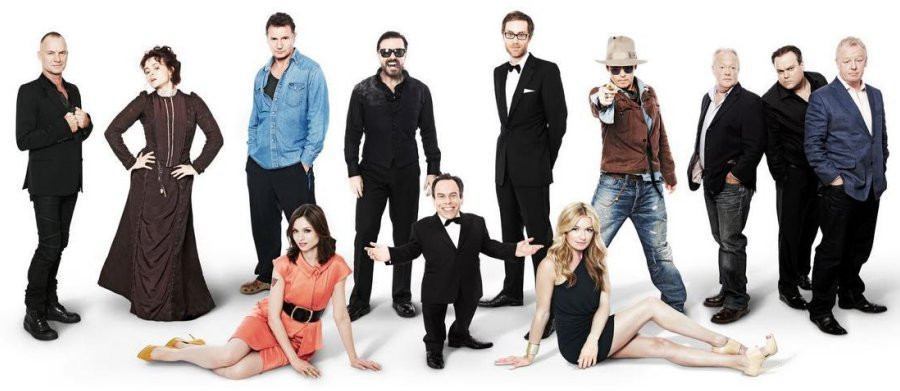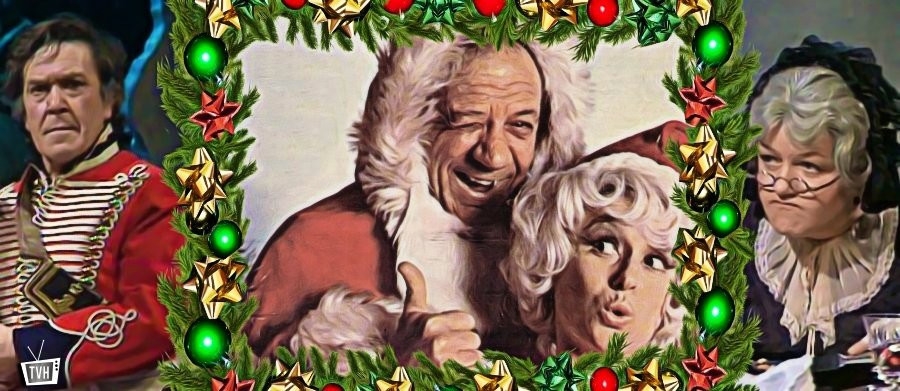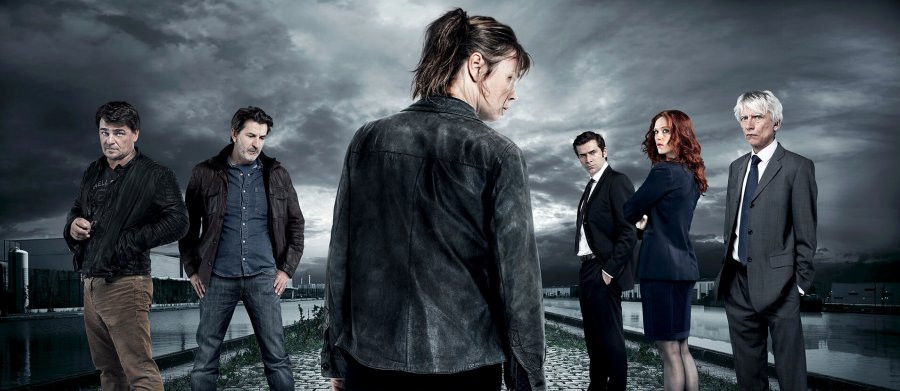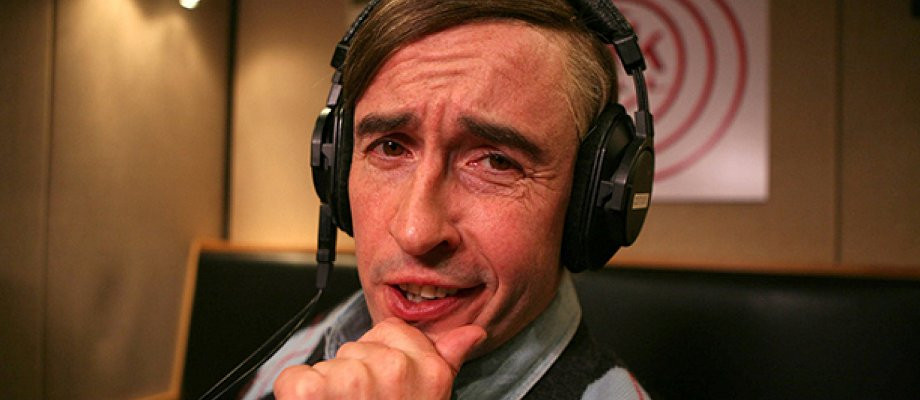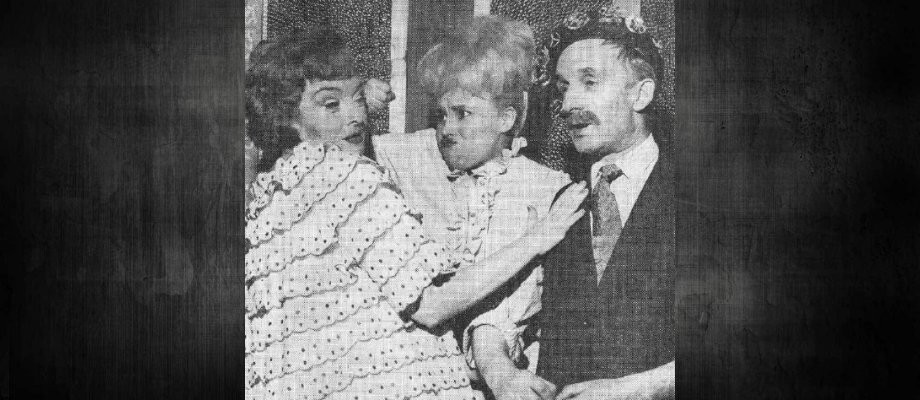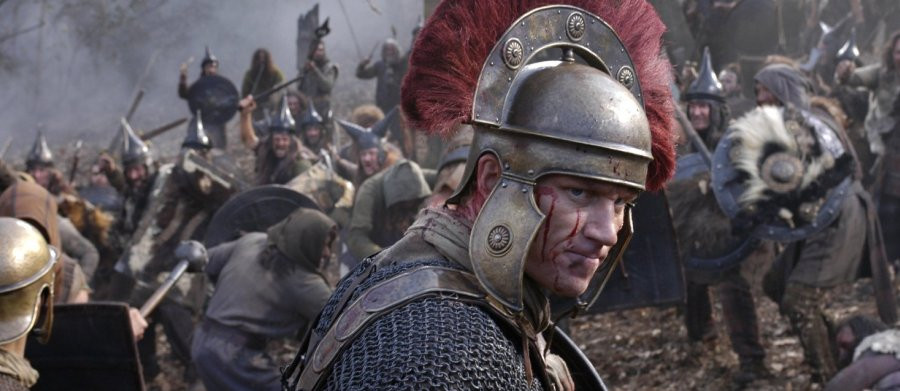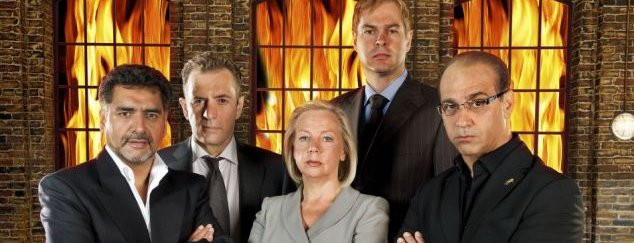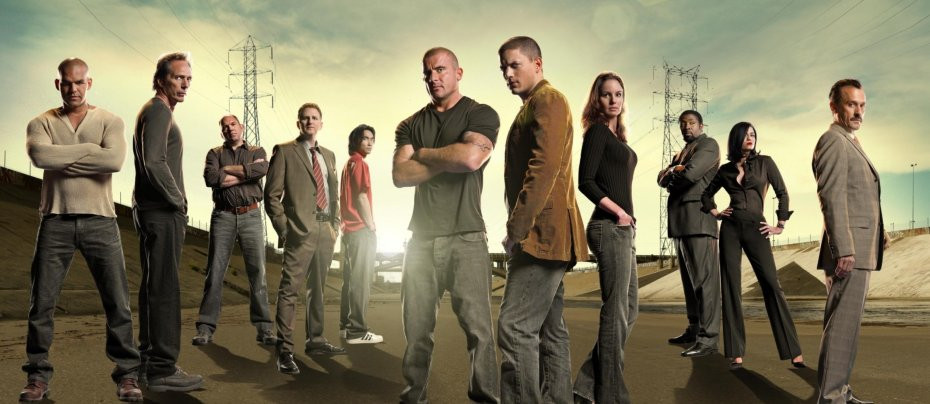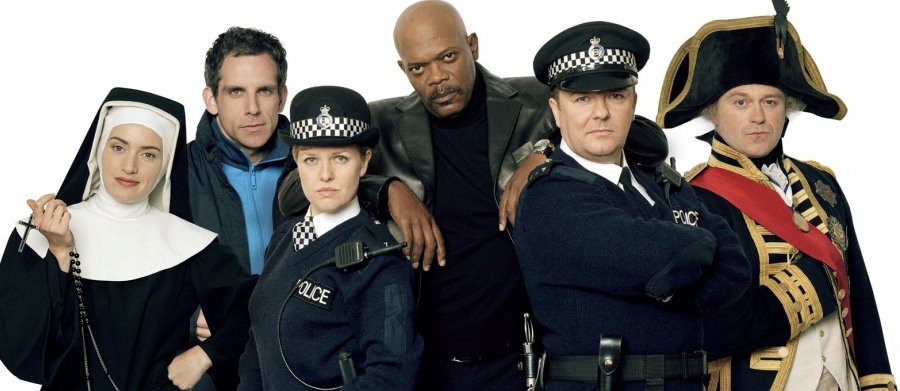
Extras
2005 - United KingdomReview: John Winterson Richards
For any sort of artist it is the project that comes after the initial breakthrough that usually presents the biggest challenge - the proverbially difficult second album, novel, whatever. Breaking through is hard enough but there is a lot of "what does not kill us makes us stronger" about the process. The breakthrough project may be the sum of years of experience, perhaps a whole lifetime. It may have been revised, rejected, refined, and repolished many times over until it is as good as it can possibly get.
Then, when the artist lies exhausted, having made every effort and expended every resource, the world smiles complacently and says, "That's nice ...so what else have you got?"
That is the moment which determines whether the breakthrough is the beginning of a career or a "one-hit wonder.". In former times, the artist might be granted a little time to develop and experiment a bit, but these days he is all too aware of the long queue of talented people with their own highly polished breakthrough projects standing behind him. The world wants to be amused and it has no shortage of options.
This was the difficult position in which Ricky Gervais found himself after the huge global success of The Office. He responded to the challenge by turning the difficult second show into what is arguably his best work to date, Extras.
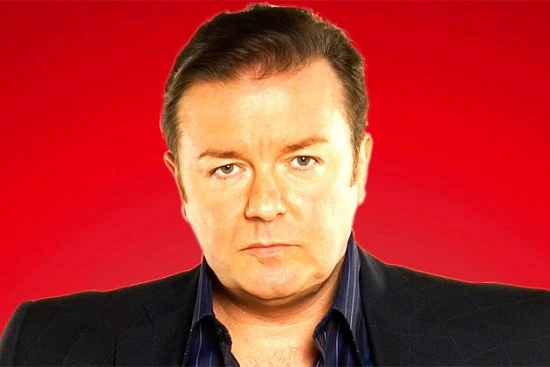
He began by making the sensible decision not to try to be too different. Instead he returned to what worked best about The Office - building on his own real life experiences before he became famous. Indeed, Extras is even more autobiographical. Its hero, Andy Millman, a barely disguised Gervais, is working as an extra in the film industry while dreaming of success and working on a "spec script" for television based on a place he used to work - in Andy's case a factory rather than an office.
This could be very egotistical, but Gervais' second sensible decision was to tone his protagonist down a bit. It is fair to say that Gervais' public persona is not to everyone's taste. So Andy is not as sharp as Gervais. He is particularly bad at judging social situations. From what we later see of his work, his writing is more pedestrian. When we first meet him, he has the definite air of a loser about him and he never quite shakes it off. He is desperate for success because he believes it will compensate for a failed, pointless life. It is as if Gervais is being touchingly modest about himself. The result is a sympathetic Everyman character we like.
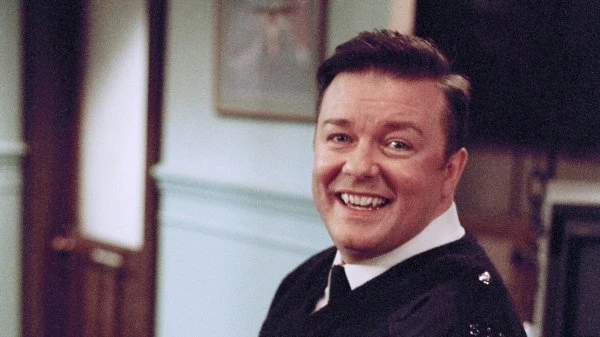
For much of the first season, Andy seems more of an observer, reacting to other characters, both the supporting cast and the guest stars. It is only in the second season, as he begins to achieve the success he craved so much, that he discovers who he really is and what success really is. It is at that point that his character really begins to develop.
To a certain extent it is therefore the guest stars who carry the first season and provide most of its most memorable moments. Gervais' third sensible decision was to raid his address book ruthlessly to pin down all the celebrities who went up to him after the success of The Office's gushing how they would love to work with him.
Some surprisingly big names agreed to play more or less grotesque versions of themselves of the type later perfected by Matt LeBlanc in Episodes and James Van Der Beek in Apartment 23. There was a definite positive correlation between a guest star's capacity for self humiliation and the quality of the episode.

In the episode that was shown first in the UK, Ben Stiller set the bar by playing "himself" trying to direct a "serious" film but unable to stop referring to the financial success of his comedies. In the one that was apparently shown first in the US, Gervais put a speech into the mouth of Kate Winslet about the best way to win as Oscar which proved eerily prescient - because she appears to have followed her own advice three years later and won in real life by doing just what the speech recommended.
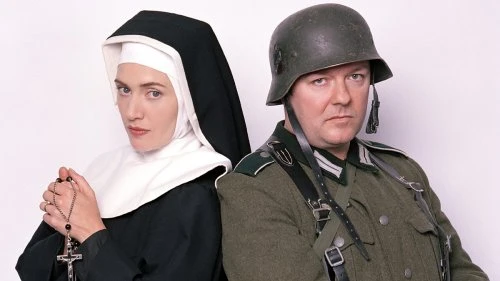
Ross Kemp played "himself" as a fantasist who was eventually revealed as a coward - but not before assuring Millman solemnly that he knew members of the SAS and they had let him in on the secret that SAS really stands for "Super Army Soldiers."

Best of all was Sir Patrick Stewart, the dignified Shakespearean actor who played the dignified Jean-Luc Picard and the dignified Professor Xavier obsessed with the idea of women's clothes suddenly falling off and seeing "everything."

The second season guest list was just as impressive - culminating in Robert De Niro turning up for a pornographic pen - and if the big names are on the whole less memorable at this stage it is because the story has moved on. Andy is no longer an extra but the writer and star of a popular television comedy. The focus is on how this impacts on his character and his relationship with the odd social circle he established in the first season.
His most important friendship is with Maggie, a fellow extra played with great charm by Ashley Jensen. Maggie is kind and well-meaning but not that bright and, somehow, even more socially inept than Andy. She has no concept of self-censorship, so she just repeats whatever comes into her head or what she has heard others say without really thinking about it or about to whom she is speaking - except it is not really repeating because she can be just that crucial little bit short of accuracy and has in any case a gift of expressing herself badly.

In less skilled hands, this could be very unfunny, but Jensen makes her extremely loveable in her vulnerability. In defiance of 'When Harry Met Sally,' her friendship with Andy seems to involve no hint of even the most suppressed sexual attraction on either side, which is as refreshing as it seems unlikely.

Andy's agent, Darren, played by Gervais' co-writer Stephen Merchant, is a total incompetent - not just as an agent but as a human being. Devoid of judgement and of social skills - a definite theme in Extras - he nevertheless assumes a brittle air of self-confidence. His only other client, is Shaun Williamson, to whom he always refers as "Barry Off Eastenders." Such is Darren's skill as an agent that Shaun never becomes anything else and everyone but Andy refers to him the same way. For want of anything better, he is reduced to doing odd jobs around Darren's office.
In fact Williamson shows himself to be a singularly intelligent actor with a wonderful expression of strained self-respect. This is put to particularly good use in the best visual comedy scene in the series, arguably one of the best in any series, in which Andy is finally provoked into an impassioned defence of Shaun's character only to have it end in a moment of acute embarrassment for them both.
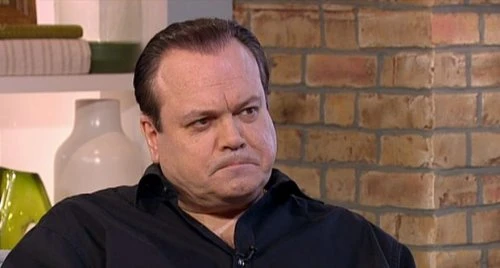
The comedy of embarrassment is never far away in Extras - deep, cringeworthy, unable to watch, hoping to die embarrassment. This is one of the twin pillars of Gervais' brand of humour, at least in his situation comedy.
The other is a keen eye for satire. In retrospect, it is amazing how much licence the BBC granted him, because he is not afraid to have a go at the Corporation itself and its subservience to its own extreme brand of so-called "political correctness." He charges right into the landmine issues of race and sexuality, or rather how the media talks about them now.
He would probably not get away with it today. Even then, one assumes that the BBC types gave him some latitude because they assumed he was one of their own and did not mean what he said about their taboos. Yet it must be noted that one of the redeeming features of Gervais' "stand up" material, which can be quite vicious, is that he seems honestly unafraid to have a go at anybody and everything.
All this could come across as very bitter, and in some of Gervais' other work it does, but Extras is actually quite sweet. It culminates in a surprisingly heartwarming Christmas Special in which the story arcs of all the regular characters end in a satisfying place - but not until Gervais unloads all the negative consequences of their lives to date on them. Consumed by arrogance, and envy of another former extra who always looked down on him and has managed to do even better, Andy throws his successful career away. He fires Darren only to find his new agent has none of Darren's loyalty. Meanwhile, life continues to rub poor Maggie's face in the dirt - literally.
This sets up a convenient but still rather moving conclusion. For all Gervais' cynicism, the final act ends like a mediaeval morality play: like Jonah in the stomach of the fish, actually the Big Brother house, Andy has learned his lesson and cries out for mercy - on national television - and miraculously it is granted to him. He and Maggie are both suddenly released from their individual Hells and transferred together to Heaven, or perhaps to Purgatory to work things out. If it is more sentimental than we expect from Gervais, that only made it all the more enjoyable.
John Winterson Richards
John Winterson Richards is the author of the 'Xenophobe's Guide to the Welsh' and the 'Bluffer's Guide to Small Business,' both of which have been reprinted more than twenty times in English and translated into several other languages. He was editor of the latest Bluffer's Guide to Management and, as a freelance writer, has had over 500 commissioned articles published.
He is also the author of ‘How to Build Your Own Pyramid: A Practical Guide to Organisational Structures' and co-author of 'The Context of Christ: the History and Politics of Rome and Judea, 100 BC - 33 AD,' as well as the author of several novels under the name Charles Cromwell, all of which can be downloaded from Amazon. John has also written over 60 reviews for Television Heaven.
John's Website can be found at John Winterson Richards
Seen this show? How do you rate it?
Seen this show? How do you rate it?
Published on April 27th, 2020. Written by John Winterson Richards for Television Heaven.


